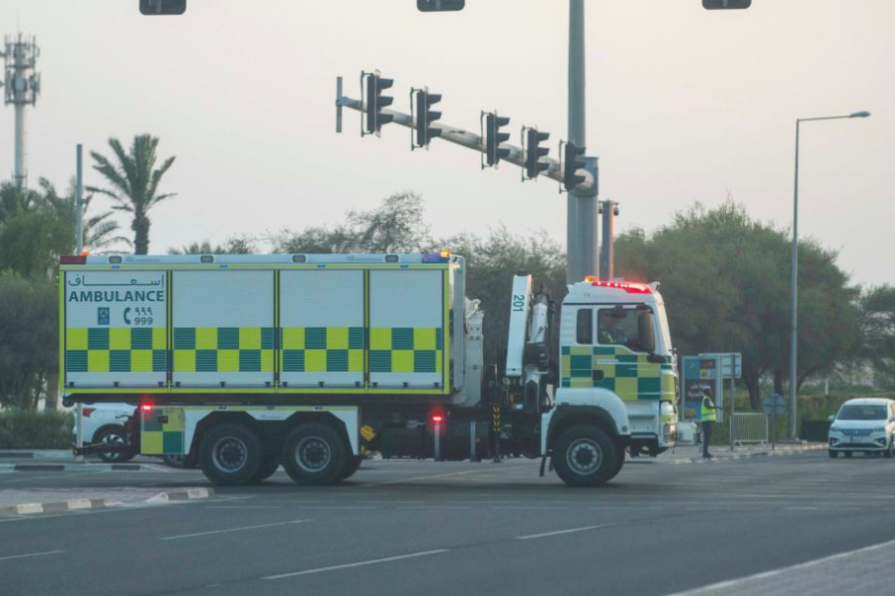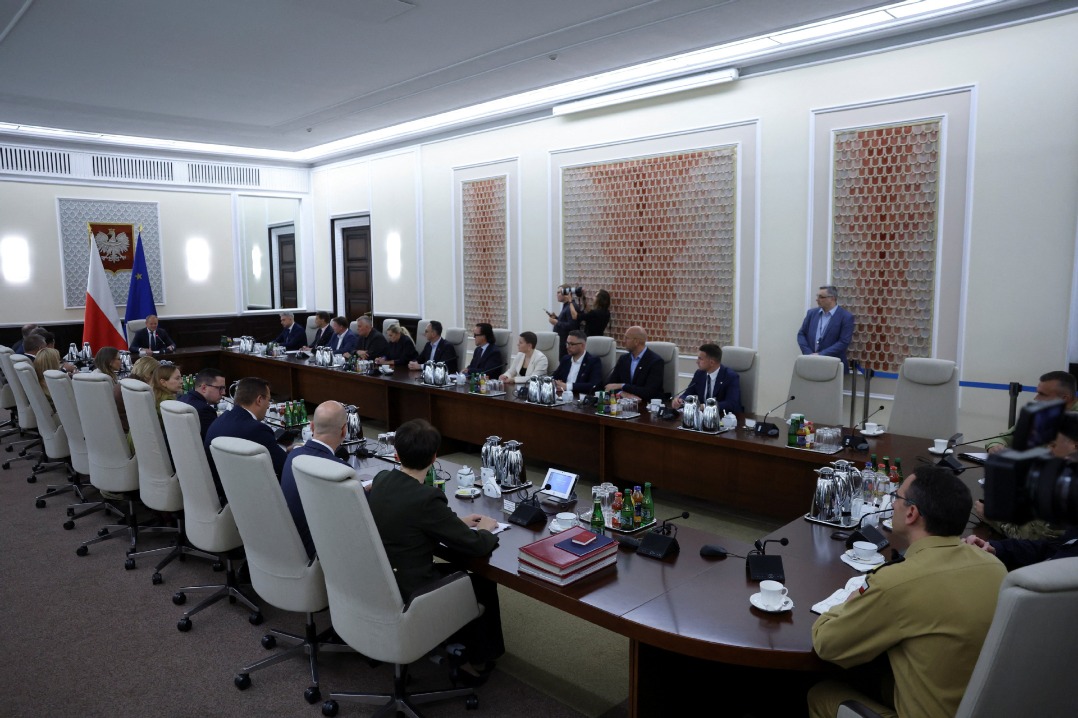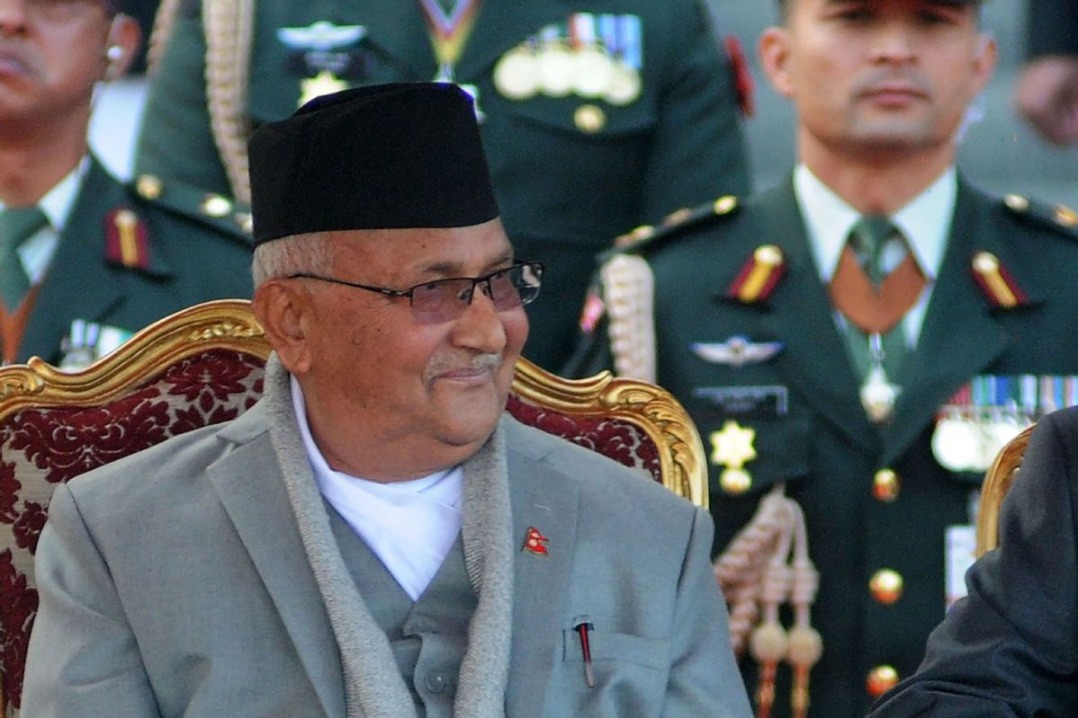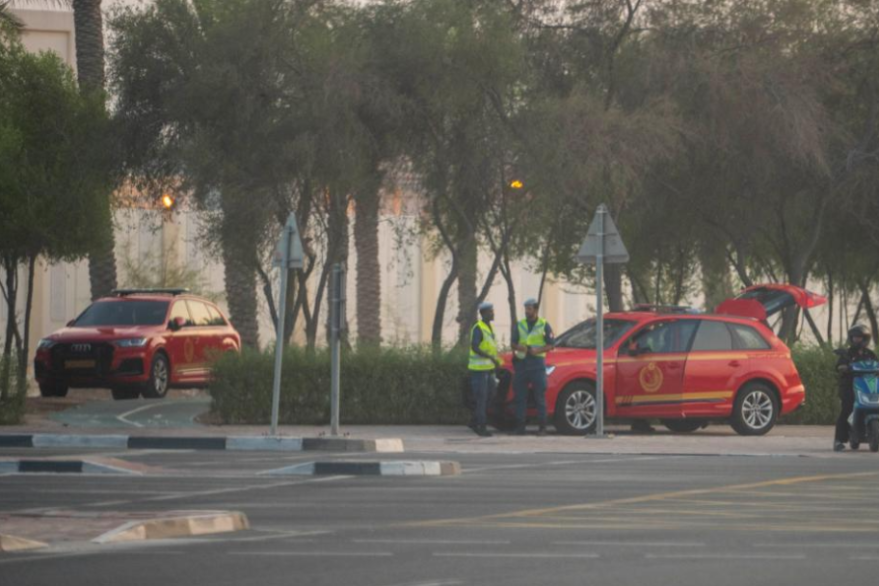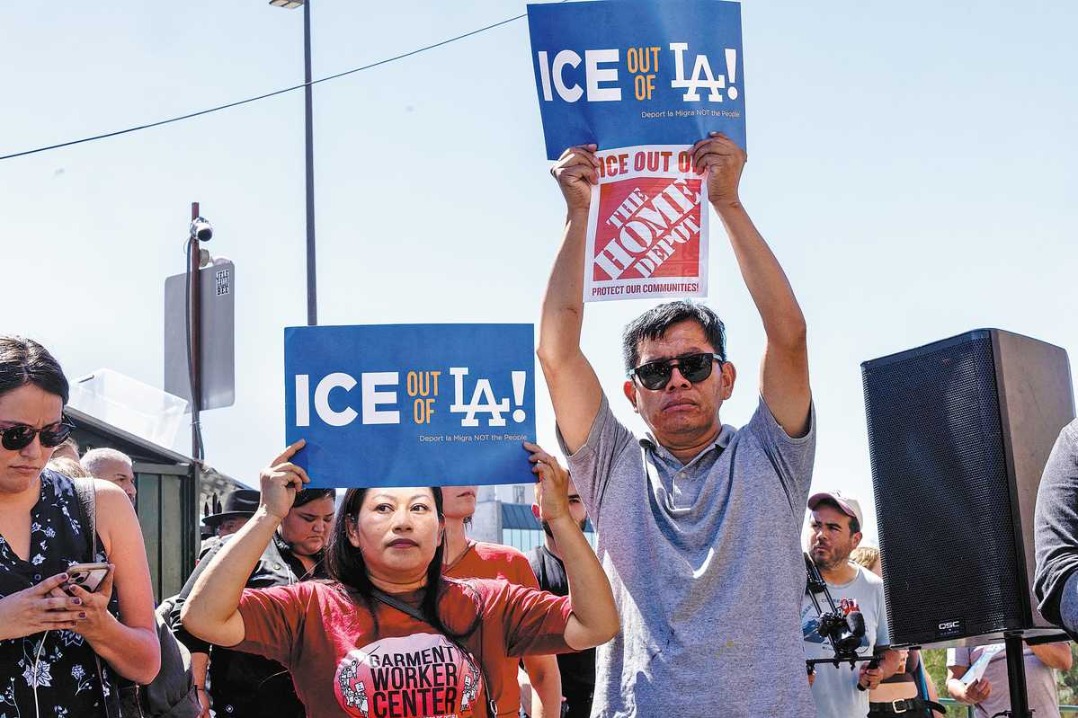Poll reflects concerns over democracy

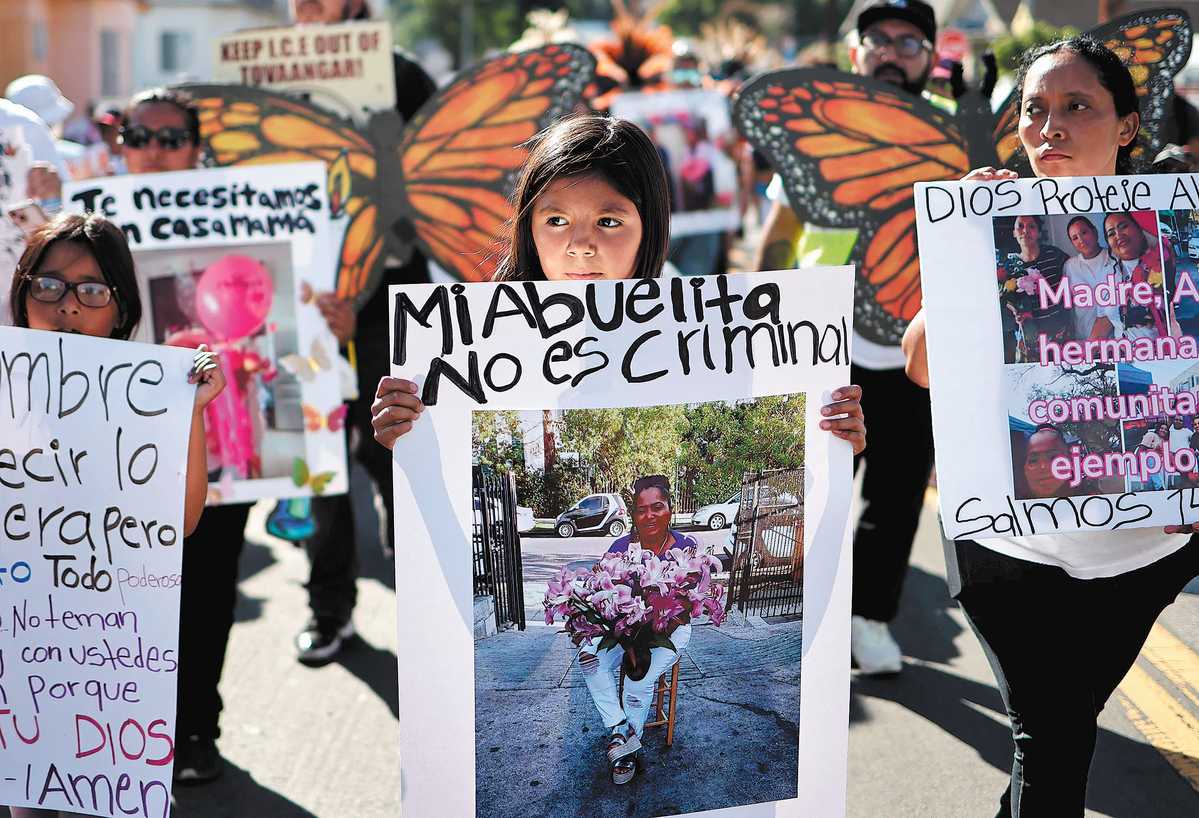
LOS ANGELES — Seventy-six percent of adults in the US believe the country's democracy faces a "serious threat", according to a new NPR/PBS News/Marist survey released on Tuesday.
Anxiety spanned the political spectrum, with 89 percent of Democrats, 80 percent of independents, and 57 percent of Republicans (of those surveyed) sharing the view. Nearly three-quarters of respondents — 73 percent — also said that politically motivated violence is a significant national problem.
From June 23 to 25, as part of the nationwide poll, 1,381 adults were interviewed — with a margin of error of plus or minus 2.9 percentage points. The partisan breakdown for this survey among registered voters was 35 percent Democrat, 34 percent Republican, and 29 percent independent.
Beyond concerns over democratic stability, the findings reflected broad dissatisfaction with the current leadership. US President Donald Trump's overall job approval stood at 43 percent, while 52 percent disapproved. Approval numbers on key issues — the economy, immigration and foreign policy — closely tracked the president's topline rating.
Political scientists said repeated disputes over election integrity, congressional gridlock and rising threats of violence had combined to erode public confidence. While majorities across parties saw democracy in jeopardy, they differed sharply on causes and solutions, underscoring the country's deep polarization.
According to the Center for Strategic and International Studies, there were 25 attacks and plots targeting elected officials, political candidates, judges, political staff and other government employees from 2016 to 2025, while only two such incidents were recorded in the two decades prior.
The survey is part of an ongoing collaboration between public broadcasters NPR and PBS and the Marist Institute for Public Opinion, which has tracked the US people's views on democracy regularly since 2022. Researchers noted that the percentage perceiving a serious threat had stayed above 70 for the past three polls, highlighting the persistence of civic unease.
Analysts warned that such pervasive distrust could depress voter turnout or fuel confrontations during next year's midterm campaigns unless political leaders find ways to restore faith in institutions.
Xinhua
















